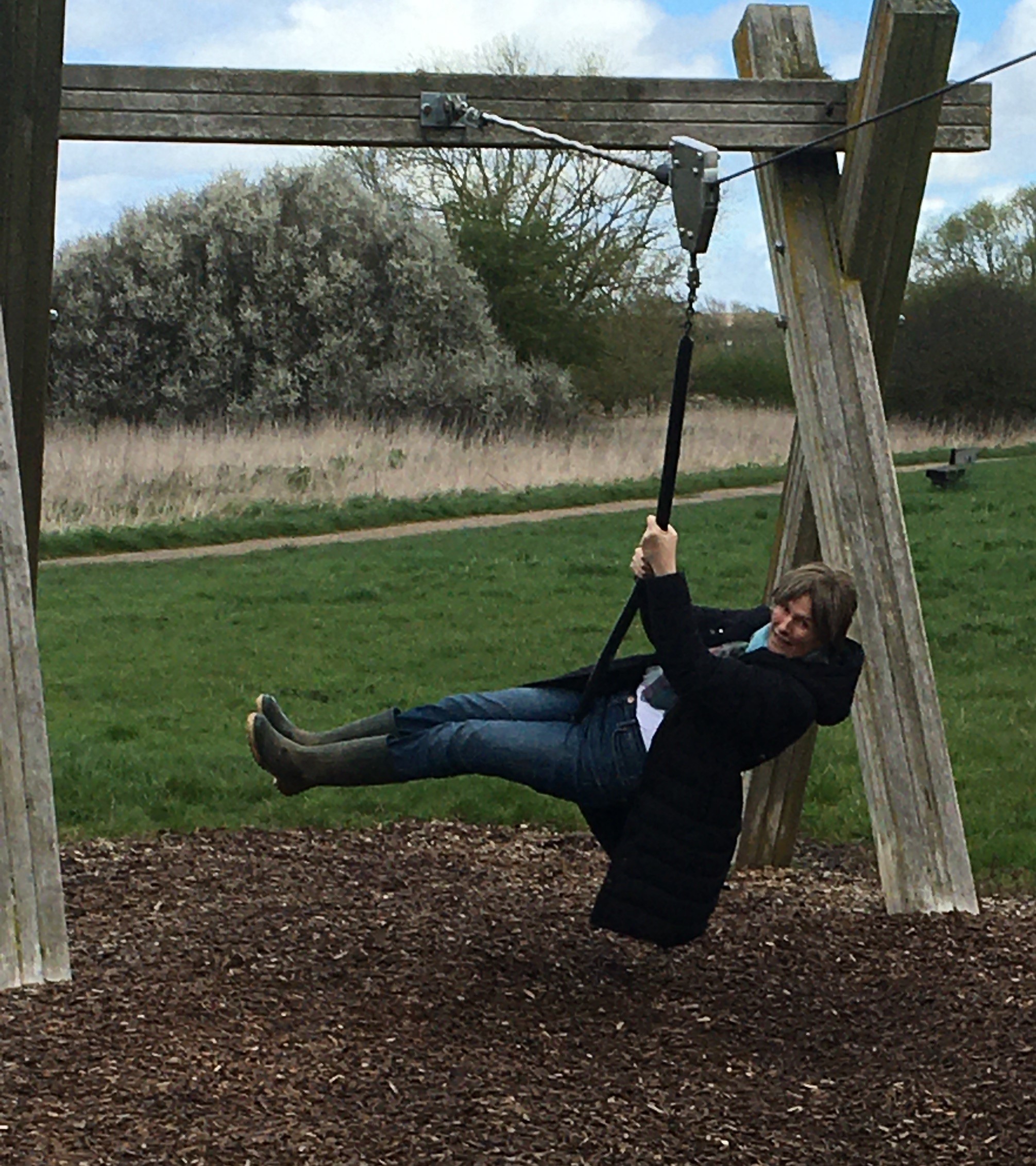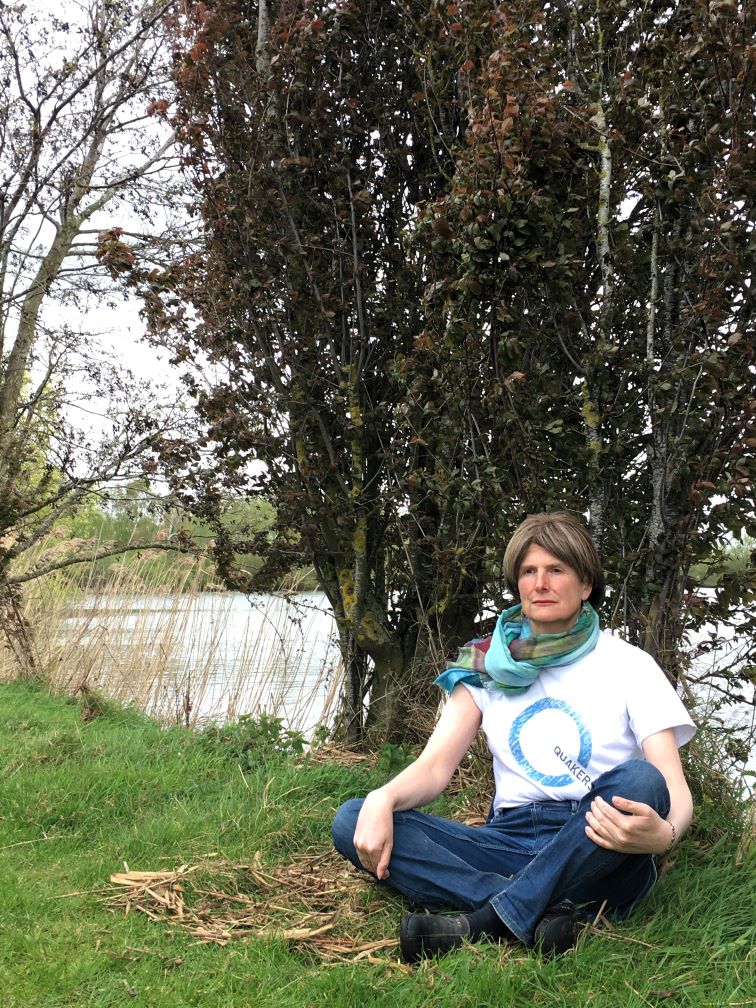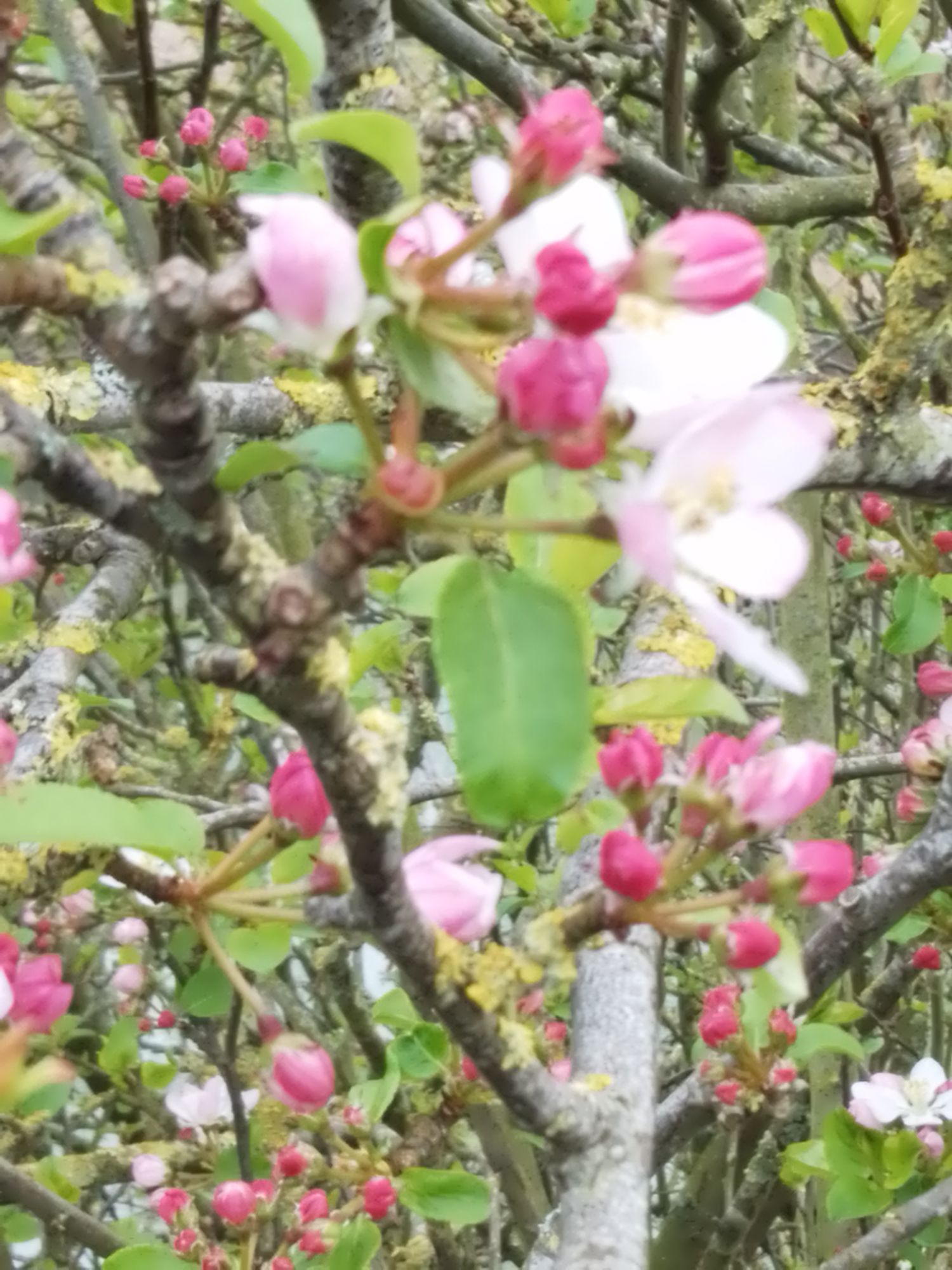In therapy, someone might value their own feelings for the first time. The therapist finds the person’s wounds, the times in the past where the world has overwhelmed them.
Later there will be a time for an academic understanding. I have no idea about other clients. But for me as client, healing comes in being in the Exile, the part which could not cope, which was rejected by a protector, and feeling her feelings in the moment of overwhelm, despair, splitting off, becoming Exile.
I was blessed to watch a therapist and person in action over zoom, and as they find the person’s exile I become that exile, feeling the hurt and need to protect and incomprehension, curling up in anguish, and hearing the need of the person for me, the exile, to get up and be an adult and only when I feel the person’s love for me, the exile, as I am, being able to move from that foetal position.
Two days later, there was Heather, co-creating my liberation.
I wanted to go back to The Piano Incident. I was eight, disputing with my mother, weeping though Big Boys Don’t Cry, and part of me became the Exile, lost, abandoned, weeping on the floor. Part of me became the Protector, as young as the Exile but with an idea of how to survive: Get up! Do the more difficult thing, and stretch yourself! Be a Man!
In 2009 I told people of the incident, every person I imagined I just might be able to trust with it, and I felt the full anguish of the Exile as if possessed by her. I told of lying on the floor crying, and my mother just looking at me: “SHE DIDN’T UNDERSTAND!” With all the hurt of that Exile. And then in September 2009 I realised. Oh, riiiight. She didn’t understand. She was who she was, with her limitations. It felt like forgiveness, a great step forward.
It was. I had been trapped in the pain of the exile, reliving it, unable to move on. I could not process that pain. Then I “forgave my mother” and put the pain in the background again. I obeyed the protector, getting up, trying to stretch myself, Getting On with my life and work. I realised it was not forgiveness, for that implies a wrong, but acceptance of who she was, a human being.
I feel that moment in my body now as I tell Heather of it, of my back tenser than ever and my gut repelled but my head up, hopeful, facing the world again: I managed about another three years. I was not ready to heal, so I girded my loins, and kept them girded until it was no longer possible and I retreated.
Now I am ready. I lie down on the floor, and curl up in my misery. I am that exile, in the moment of splitting, weeping, arguing with my mother. She stands over me, and part of me splits off to be the Protector, who knows what the Person must do: Be a Man, do what I am asked even if I think it stretches me too far. That frightened yet certain eight year old stands over me, beside my mother.
As the Exile, I feel my No, my disgust, in my gut. As I imagine the Protector my back tightens in stress.
The risk with affirmations is that they reinforce the Protector not the Exile, but I state the affirmations both need to hear.
Now, I am grown up.
I have agency. I can stretch myself if I wish, or refuse to attempt the difficult thing.
I have choice. I can do what I want to do. I can love what I love.
I can be my feminine self.
I dance my joy. Movement expresses my feelings even better than writing.
Then I think of some of the things I choose. I choose to look at art. I want to see a Caravaggio, loaned from Naples to the National Gallery. I choose to play the piano. These are things my parents introduced me to. Are they truly my choice? I think of them. Various experiences of art are soul-responses, my delight, my reality. I am clear enough on that. On the piano, we discuss the Pathetique sonata. My mother did not like how I put my whole body into those great crashing chords at the end of the first movement. Somewhere, Beethoven uses the instruction “Break the piano.” It was a fortepiano, wood-framed, but still.
-Rock and Roll!
-Yeah!
This is me. I want to play that piece so that someone thinks, I have never quite heard it like that, and it is the only way to play it. And I am far from that class of pianist.
These things that I want, I have so much work to do that perhaps they are impossible. I desire to be my feminine self, and it is no longer forbidden, but I have so much work on my voice, to project it in a head-resonance, unbroken pitch. I want to be a counsellor, and there is so much training to go through.
I feel the tension. But it is not the miserable tension of the Protector, that eight year old boy inside me.
If therapist and client simply look at the wound, and discuss how the client feels about it now, they may hardly advance at all. It might just reinforce the Protector, the false introjected understanding of what must be done, seeing the pain from the Protector’s point of view. I find that feeling myself as the Exile at the moment of exile, feeling the despair and anguish and accepting them, then stating the affirmation the Exile needs to hear, is liberating. The Exiles are us. We need to process their feeling, and for me that means feeling and accepting it.
I feel the Protector inside me, and give him a hug. Thank you for that work. You do not need to do it any more. I know you meant my good, and have carried that anguish all these years.
The vagus nerve is mine, to feel what I feel. I will not reject its responses. My chakras are mine, to feel what they feel, the information I need.









